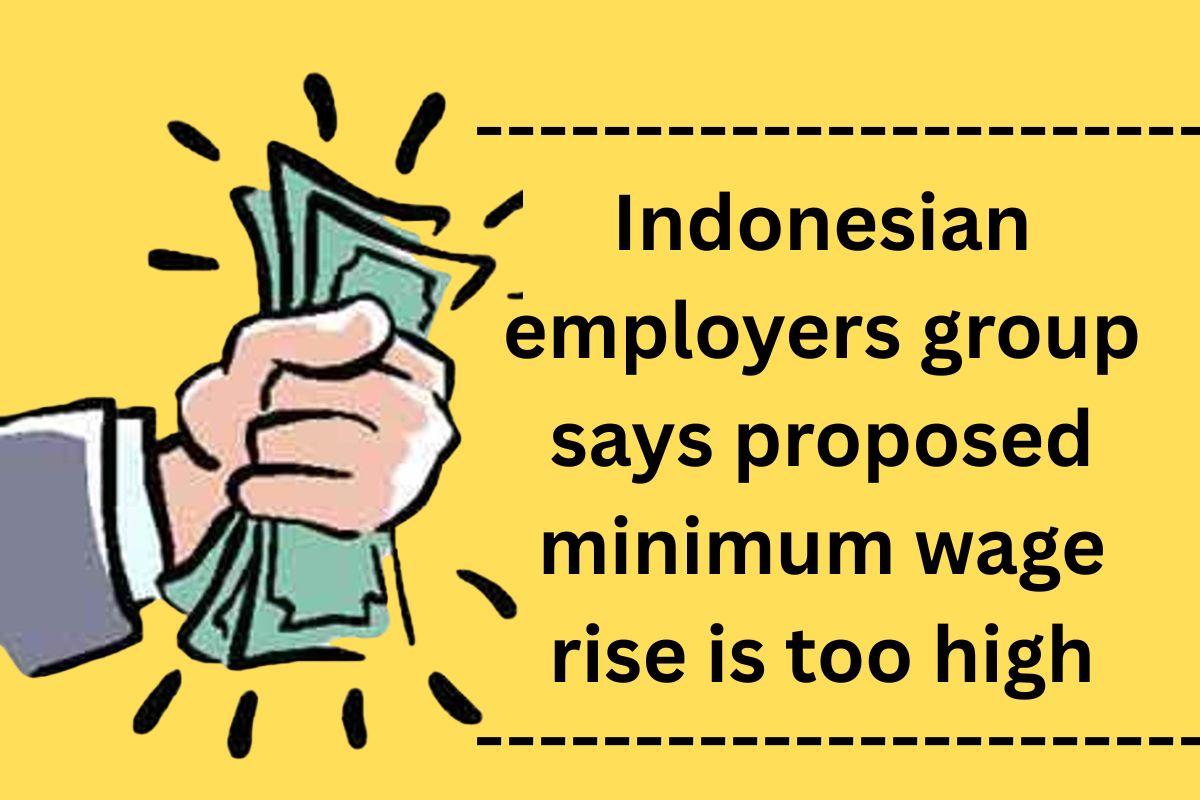Washington, D.C. has just passed an important tax bill for emergencies that will bring important changes if you’re elderly, a tipped worker or rely on overtime compensation. The bill city has shut down tax breaks for tipping and overtime of tax break of $6000 “senior reward” deduction as well as tax breaks for tips and overtime earnings meaning that you’re D.C. tax bill could differ significantly in 2025. While new federal law allowed these exemptions and deductions to be available on a national scale, D.C. leaders have chosen to separate them, meaning you won’t be able to enjoy these reductions on taxes for your local tax district.
It may be a bit unnatural, but officials say it was necessary to safeguard D.C.’s finances from the impact of the shutdown of the federal government. Here’s a thorough review of exactly what Emergency Tax Bill means for you, the way it affects your tax benefits and what D.C. residents should pay careful attention to when filing their taxes for the state and local next year.
Emergency Tax Bill Ends $6000
D.C.’s City Council passed “emergency legislation” in reaction to a likely budget deficit of $1 billion in part due to the loss of federal jobs following the shutdown. The new statute “decouples” the tax code from the key components of the tax overhaul in the United States specifically:
- Stops the local $6,000 extra allowance for those who are seniors (age 65 and over).).
- Local tax exemptions to local taxes are stopped for tips and overtime earnings, which Federal law just had created.
- Excludes other federally-matched tax breaks, such as interest deductions for car loans, and faster tax deductions for R&D.
The changes are only temporarily (for maximum 315 calendar days) however they could be made permanent in the event that the Council decides to approve them.
Overview Table: Major Changes In A Snap
| Old Rule (Federal up to 2025) | New Rules for D.C. (as as of November 2025) |
| $6,000 senior deduction allowed | No $6,000 senior deduction |
| Tax-free tipping (up of $25k) | Tip income tax is imposed at the local level |
| There is no tax on the overtime payments (up up to $12.5k) | Taxes on overtime are localized at the local level |
| Expanded Child and Earned Income Tax Credits | New credits replace deductions that were lost |
| Official Website | https://www.congress.gov/ |

What is the reason D.C. Stop These Tax breaks?
In the words of D.C. officials, the city is expected to lose significant revenues due to federal job cuts. With the financial uncertainty, the city’s leaders claim they aren’t able to afford to offer new tax breaks the federal government recently created. The decoupling of these benefits is predicted to help save D.C. nearly $100 million in FY2025, and more than $570 million by 2029.
The people who support the emergency bill claim that the savings can be used for better purposes with the help of expanded local creditsincluding a brand new tax credit of $1,000 per child credit, as well as an increase in Earned Income Tax Credit (EITC) benefits for families with children. The legislation aims to tackle hunger and poverty among children which have been rising rapidly within the cities, impacting around one-in-seven children.
Who is the most affected?
The following will happen to you If you:
- Are you over 65 and are expected to receive an amount of $6,000 as a “senior Bonus” when you file the D.C. tax return.
- Make a substantial amount of money from overtime or tips, and be prepared to benefit from the new tax deductions offered by the federal government.
- If you run a small-sized business, expect deductions that are based on Federal law (like the special deduction for depreciation, or R&D expenses).
In lieu of a larger tax refund, the amount of your D.C. taxable income stay the same or grow next year, despite the fact that your federal tax return decreases because of these deductions.
How the Senior Deduction of $6,000 worked
From 2025 To 2028, federal law provided Americans who are 65 years old or over to take advantage of an additional deduction of $6,000 per person (or $12,000 for couple). The deduction was phased out for taxpayers who earn more money such as single taxpayers earning more than $75,000, and joint filers over $150,000.
However, with an emergency bill, senior citizens who live inside D.C. won’t get this additional deduction from their local taxes, but it will remain to be used for federal purposes.
Which way “No Taxes on Tips” as well as “No Taxes on Overtime” worked
Federal “no tip tax” as well as “no taxes on overtime” rules allow:
- Workers can deduct up to $25,000 of tips from federal tax deductible income.
- The overtime allowance is for workers to take over normal wages. This includes, in particular the “half” portion of “time and half” pay. It is capped at $12,500 for individuals and $25,000 for joint filers.
- Both had similar thresholds for phase-out for earners with higher earnings, but they only applied on income properly reported by the IRS.
It’s true that the D.C. bill cancels these local choices: you will continue to pay the city’s revenue tax for of your overtime and tips, but won’t be able to claim these benefits in the D.C. tax return.
What about Other States?
D.C. isn’t alone in refusing to accept these tax breaks. States such as New York and Colorado have also separated from a portion that of the tax code in order to keep their budgets in check or to ensure their own policy independence. When you file your 2025 state tax return, make sure you verify which deductions are applicable both locally and federally because state-level regulations are now varying significantly.
What should you do now?
- Be aware when you prepare the 2025 tax taxes. The income from the federal government or D.C. income might appear different.
- Seniors as well as those who have significant overtime or tip income might want to speak with an expert tax advisor to maximize deductions and prevent surprises next spring.
- Be aware of when D.C. decides to make those changes permanent. The law could be extended or changed at the beginning of 2026.
- If you’re eligible to receive the new D.C. Child Tax Credit or the bigger EITC Take steps to claim these credits when you file your tax returns.
Be aware that this is a rapidly changing situation, and the rules could be altered based on the city’s financial plan or with federal legislation.
If you’re a resident or working within Washington, D.C., the tax bill that’s in emergency status will mean you’ll be unable to take advantage of new tax breaks that are designed to assist those with disabilities, workers who are tipped, as well as employees who are working overtime. You can still claim these benefits on your federal tax return, your savings in the local area have gone away at least, for the moment. The city’s priority has changed towards ensuring fiscal stability and ensuring child welfare which is why you should keep an to the the future D.C. revenue debates as these changes may be permanent. Make sure you review your deductions anticipated discuss them with an expert tax advisor and file your taxes with particular attention this year to maximize you D.C. tax outcome.
FAQ’s
Q1. Do I still qualify for the senior deduction of $6,000 for my D.C. taxes?
No. The deduction will remain in effect at the federal levels however this D.C. emergency bill ends the deduction for local tax returns.
Q2. What is the cost of D.C. tax on my tips and overtime earnings in 2025?
Yes, overtime and tip income are taxed in accordance with D.C., even though new deductions for federal income exist.
Q3. Are there is new tax credits available to substitute the tax break?
Yes. D.C. will use saved income to fund a $1000 tax credit for children. They will also increase locally the Earned Income Tax Credit up to 100 percent from the amount of federal.

Hi, I’m Harikesh, a content writer at cgncollege.com. I write engaging and informative articles covering the latest news, India, and global updates. My goal is to keep readers informed with accurate and insightful stories from around the world.






